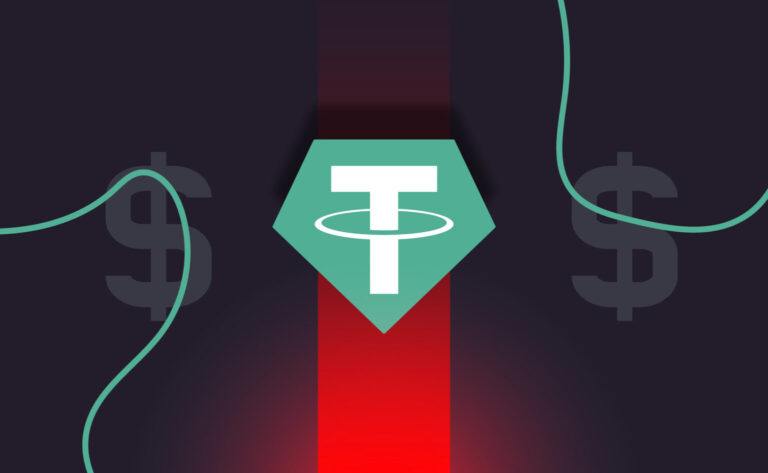The Manhattan District Attorney’s Office is investigating the activities of the USDT stablecoin issuer. The U.S. Treasury is concurrently considering the possibility of imposing sanctions against Tether. Paolo Ardoino has denied these reports and criticized media representatives.
U.S. federal authorities are investigating the activities of the USDT stablecoin issuer, the cryptocurrency company Tether, according to the WSJ. According to media reports, the case concerns violations of anti-money laundering regulations and non-compliance with sanctions.
Investigators from the Manhattan District Attorney’s Office have opened a criminal investigation, while representatives from the U.S. Treasury are exploring the possibility of imposing restrictions on Tether. Authorities believe that the USDT stablecoin may have been used for criminal purposes by terrorist groups and sanctioned countries, including Russia.
The investigation is expected to reveal the role that crypto assets play in illegal activities such as money laundering, drug trafficking, hacking attacks, and financing militants.
The authors of the article suggest that if the Treasury imposes sanctions against Tether, American citizens could lose access to the world’s largest stablecoin. However, at the time of preparing the article, U.S. authorities had not commented on rumors regarding the investigation into the USDT issuer.
Tether CEO Paolo Ardoino responded to the WSJ publication. On the social network X (formerly Twitter), the entrepreneur denied these reports and harshly criticized the outlet.
“As we informed the WSJ, there is no evidence that Tether is under investigation. The WSJ is merely recycling old noise. Full stop,” Ardoino stated.
Earlier, the WSJ published an article that referred to USDT as the “incognito dollar” for sanctioned countries. The authors claimed that the stablecoin is used by countries such as Venezuela and Russia for the free transit of capital abroad.
In addition, in March 2024, analysts from TRM Labs stated that Tether is the most popular coin for conducting illegal operations with digital assets. According to their data, 1.6% of the total USDT volume in 2023 was linked to criminal activity.
A similar conclusion was reached by UN experts, who presented a report on money laundering in Southeast Asia earlier this year. They believe that USDT is increasingly used by criminals to funnel capital into accounts under their control.
Tether representatives consider all these claims to be exaggerated. They point to a misinterpretation of the data, which can significantly inflate the amount involved in illegal operations.
As a reminder, we reported that Tether will double its efforts on communication and transparency.

